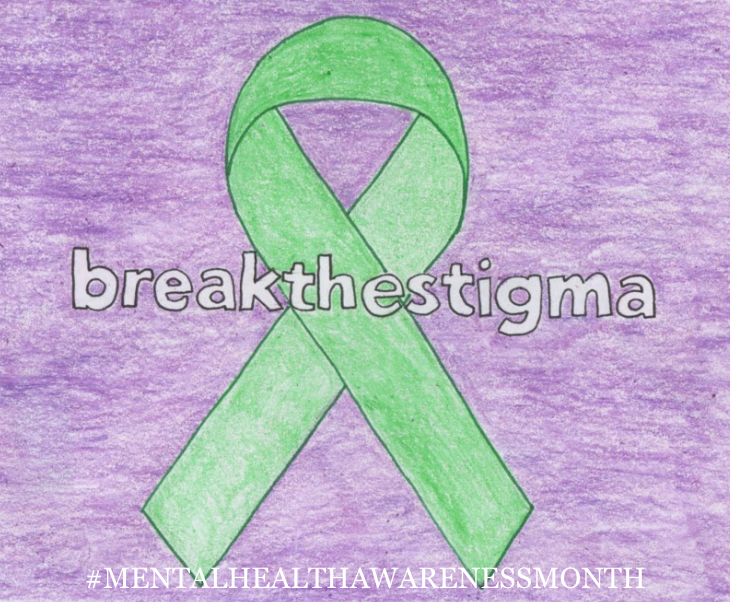
By Haneen Bany-Mohammed, Staff Writer
The brain is an organ, just like how the heart and lungs are organs. It is rare for one to make jokes about individuals suffering from asthma or heart arrhythmias, so why is it so easy for many to make light of mental health disorders?
According to the National Alliance on Mental Illness (NAMI), “Approximately 1 in 25 adults in the U.S experiences a serious mental illness and Approximately 1 in 5 teenagers experiences a severe mental disorder at some point during their life.”
Although mental health issues are very common in our society, those afflicted are suffering quietly due to the large stigma surrounding the issue. Our generation is maintaining the stigma around mental health by misusing terminology related to all types of mental illnesses in our daily vocabulary. Terms are used out of context, dismissing the severity of the mental illnesses they describe.
“American high school culture often tries to make light of mental health issues by making jokes, which in turn ends up undermining the importance of actually fixing the issues and talking about them,” says Senior Jonathan Tsai, President of Mental Illness Awareness and Support (MIAS).
If you’ve ever called anyone “bipolar” because of their mood swings, you may want to know that bipolar disorder is a lifelong, incurable disorder. Bipolar Disorder, also known as manic depression, is a disorder associated with episodes of mood swings ranging from depressive lows to manic highs. According to the National Institute of Mental Health, “Bipolar disorder results in 9.2 years reduction in expected life span, and as many as one in five patients with bipolar disorder completes suicide.” So the next time you hear someone refer to someone else as “bipolar,” it would be so important to correct them and show respect to the millions of people who are actually suffering from this disorder.
One’s mom cleans a lot, one’s friend is super organized, one doesn’t like germs. What do such individuals have in common? Are they all “so OCD”? Actually, no. Obsessive Compulsive Disorder (OCD) is a common, chronic disorder in which a person has uncontrollable, disturbing reoccurring thoughts (obsessions) and behaviors (compulsions) that he or she feels the urge to perform to cope with their obsessions. Obsessions can include a fear of germs, but it is just as common for them to manifest as intrusive thoughts related to sex, religion, or harm, strongly interfering in all aspects of the life of the sufferer.
Whether it be bipolar disorder, OCD, depression, or any other type of illness, mental health issues are affecting people from all walks of life so we need to end the stigma now more than ever and raise awareness about the illnesses and issues people are facing every day.
“It’s almost impossible to open up about mental health in real life or online, so we need outlets and communities like MIAS in order to freely and confidently discuss mental health not as an embarrassing thing, but as an important universal issue,” says Tsai.
May is Mental Health Awareness Month. Let us keep in mind the millions that are suffering from these invisible ailments, many being right beside us in our classes, and open up the discussion to these issues. Let us challenge and end the stigma, rather than perpetuate it.





